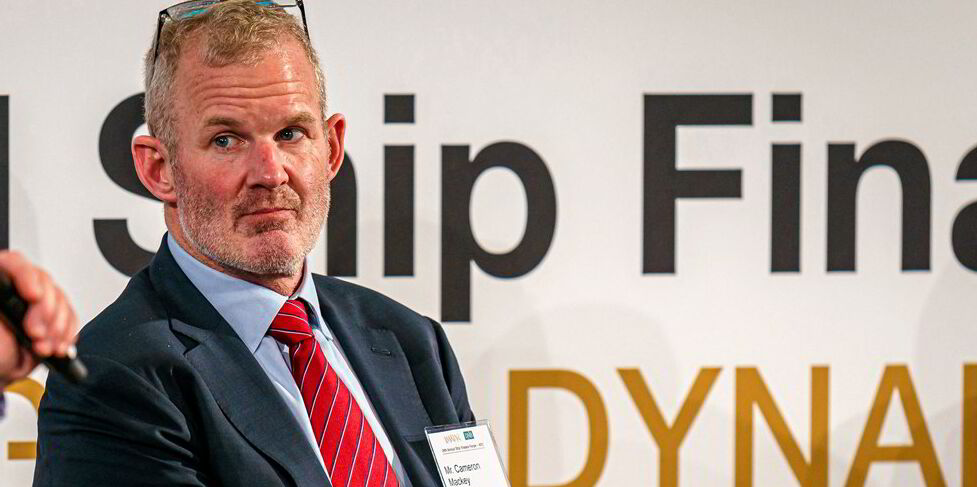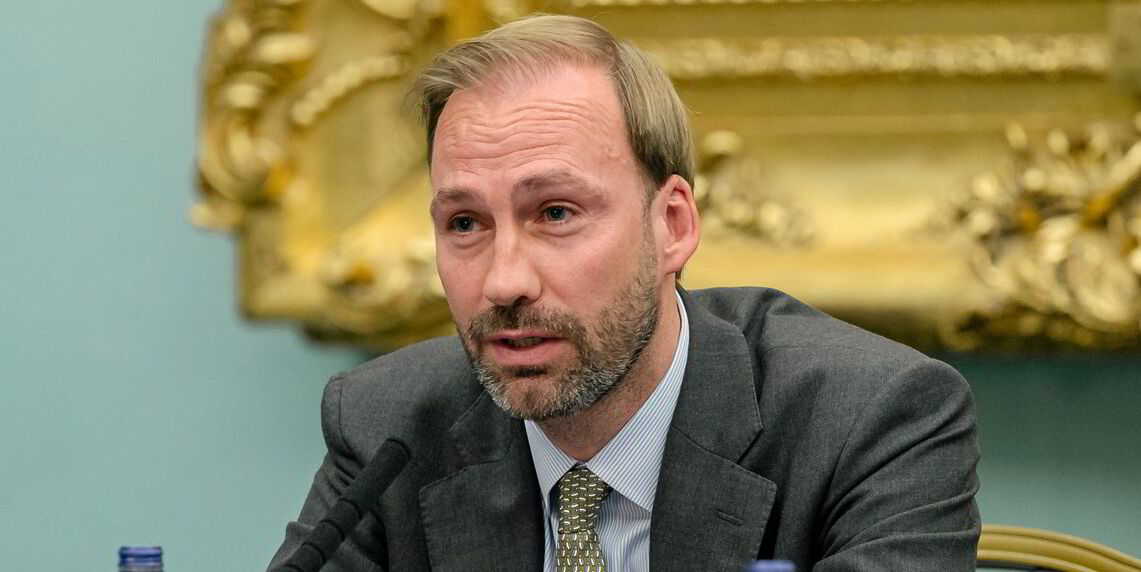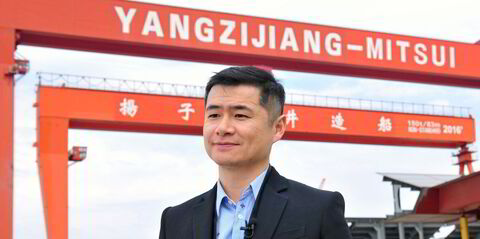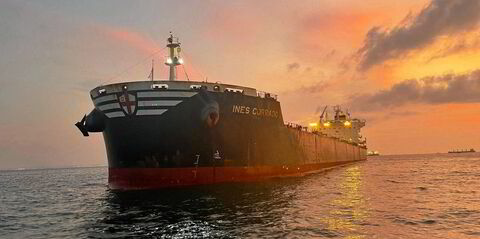One of shipping’s leading adopters of exhaust-gas scrubbers appears to have little interest in the cleaning devices going forward.
Cameron Mackey, the architect of Scorpio Tankers’ massive scrubber programme, told analysts on an earnings call this week that the equipment makes little economic sense in a market of tighter fuel spreads that is likely to endure.
The new outlook
The new assessment comes after Scorpio and other owners who installed the cleaners ahead of the IMO 2020 sulphur-emissions deadline wound up making a fortune on the spread between higher-cost low-sulphur fuel oil and the high-sulphur version, which can be used with a scrubber.
“We expect the spread to stay pretty narrow for the foreseeable future,” Mackey said in response to a question from BTIG Securities analyst Greg Lewis.
“In fact, there were regulatory reasons but more important timing issues around our investment in scrubbers where we predicted successfully a widened spread for a period of time. But our long-term forecasts have been a narrower spread for reasons I could get into. So, if we had to make that decision again today, it wouldn’t be a great return on our capital.”
To this day, there remains a bitter debate about the environmental aspects of using scrubbers, which have been under attack by some environmentalists for purportedly failing to remove particulates from exhaust and polluting the sea with effluent.
There is no such debate on the economic front. Companies such as Scorpio and the dry trade’s Star Bulk Carriers, which installed scrubbers on the vast majority of their fleets, quickly recouped their investment and have since been printing money from the fuel-cost differential.
Mackey is Scorpio’s chief operating officer and technical wizard. He spearheaded Scorpio’s study of how to react to what was then the upcoming 1 January 2020 International Maritime Organization’s emissions deadline.
Mackey confirmed to TradeWinds Scorpio’s intention to carry out a widespread fleet installation of scrubbers in November 2018.
He made clear at the time that Scorpio was not in love with scrubbers but had made a pragmatic and economic decision that they were the correct option.
He recalled then a question from his time working on Wall Street.
“Would you rather be intellectually right or economically right?” Mackey asked. “If you want to be intellectually right, it can drive you all the way to bankruptcy.”
The remark proved prophetic. But not at first. Many owners had assumed a fuel spread of around $200 per tonne in opting to choose the equipment. But in Covid-stricken 2020, spreads fell to well below $100.
The spreads gradually began to widen through 2021 and, by 2022, were at times at $300 or more, according to Clarksons data.
Spreads narrowed again through 2023 and the trend has continued. Clarksons most recently pegged the difference at just $60 per tonne.
Mackey’s remarks this week were not the first time Scorpio has given an indication it has reversed its once-bullish attitude towards scrubbers.

Having installed the equipment on 86 of its 111 vessels, Scorpio in February took a $10.5m write-off on previously incurred costs related to installing the devices on 11 of its product tankers. They would remain without scrubbers.
Mackey said then that, while the outlook for spreads was a factor, so was fear of missing out on the prevailing strong market for clean rates, and the possibility that the tankers would be sold as Scorpio strategically clears out older tonnage.
Thus Mackey’s update this week provides the strongest signal to date on the outlook for fuel spreads alone.





